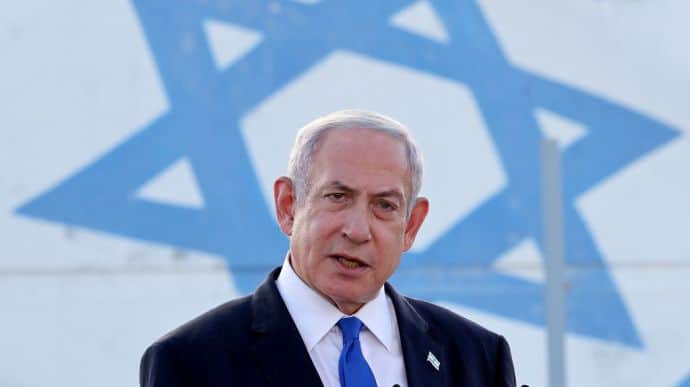Israeli Minister of Defense, Avigdor Lieberman, recently hinted at potential retaliatory actions in Iraq, Yemen, and Iran, escalating tensions in the already volatile Middle East. In a press conference held earlier this week, Lieberman expressed concerns over perceived threats to Israeli security emanating from these countries.
Lieberman accused Iran of supporting and arming militant groups that pose a direct threat to Israel. He stated that Israel would not hesitate to take preemptive measures to safeguard its citizens and interests in the region. The minister’s comments come amidst longstanding animosity between Israel and Iran, with both nations engaging in a war of words and proxy conflicts.
Iraq and Yemen have also been implicated in Lieberman’s warnings. He suggested that Israel might respond to perceived provocations from these countries, raising questions about the potential scope and nature of such actions. The statements have fueled speculations about Israel’s willingness to extend its military influence beyond its borders.

Source:- times of India
The delicate balance in the Middle East faces further strain as geopolitical tensions escalate. The international community is closely monitoring the situation, urging restraint and diplomatic solutions to prevent a broader conflict. The prospect of Israeli retaliatory actions in multiple countries underscores the complex and interconnected nature of conflicts in the region.
Source:- India today
Lieberman’s comments have drawn mixed reactions globally. Some nations express concern over the potential escalation of violence, while others support Israel’s right to defend itself. The United Nations has called for restraint and diplomatic dialogue to address the underlying issues and avoid a descent into open hostilities.
As the situation unfolds, there is a heightened sense of uncertainty and anxiety in the region. The possibility of military actions in Iraq, Yemen, and Iran adds another layer of complexity to an already intricate geopolitical landscape. The international community faces the challenge of finding a peaceful resolution to prevent further destabilization and protect the lives of civilians caught in the crossfire.
In conclusion, Avigdor Lieberman’s hints at retaliatory actions in Iraq, Yemen, and Iran have intensified tensions in the Middle East. The evolving situation underscores the need for diplomatic efforts to de-escalate conflicts and address the root causes of regional instability. The coming weeks will be critical in determining whether the region can avoid a broader military confrontation or if tensions will continue to escalate.
Share your views in the comments

